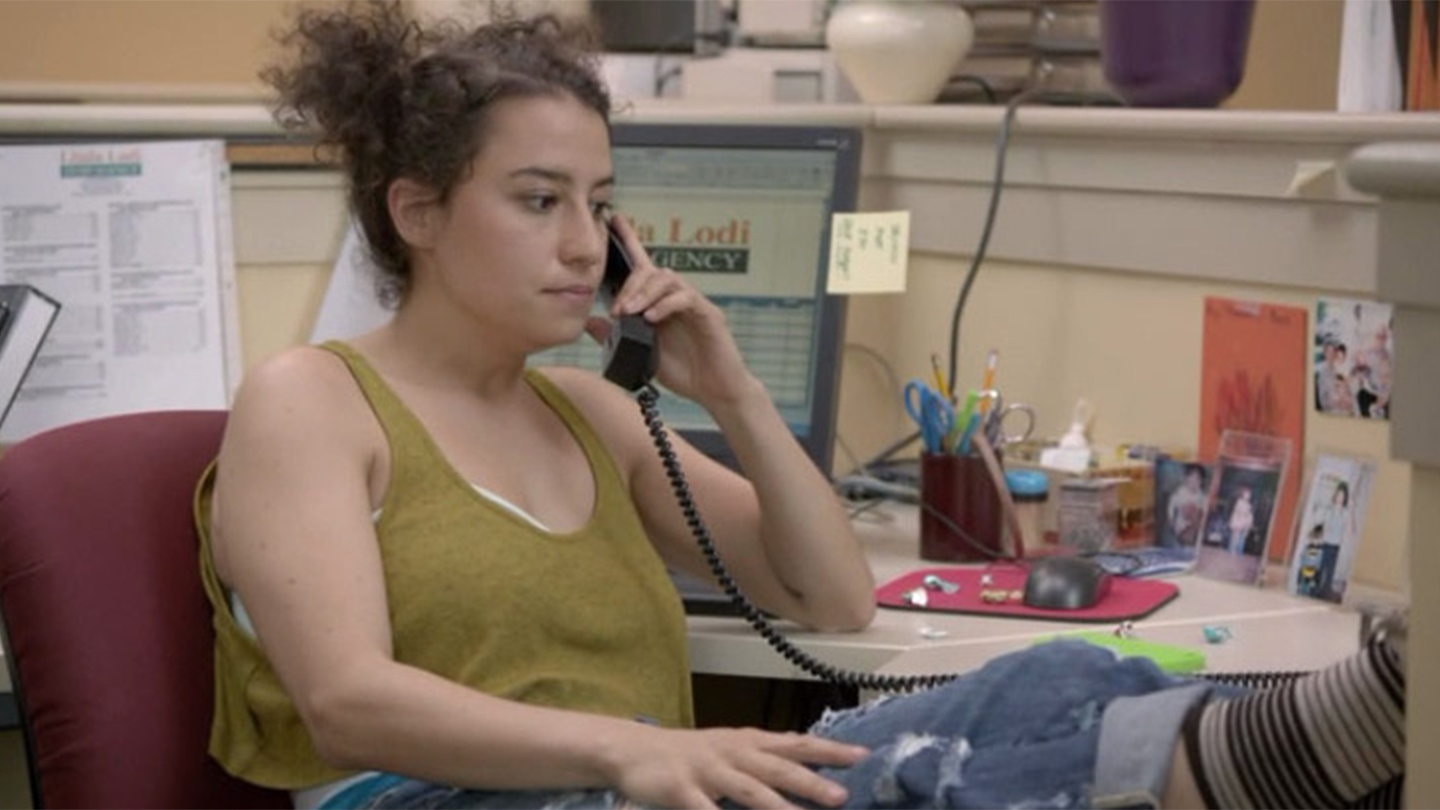If you ever needed an excuse not to reply to the pointless unread emails in your inbox, here’s the perfect one: the carbon footprint of those emails is killing the planet. So feel free to ignore, from a moral perspective, of course — nothing to do with laziness.
While the majority of us probably think of the i n t e r n e t as some sort of metaphysical cloud, an omnipotent god that dictates our lives, or the black box from The IT Crowd, the internet does actually have a physical carbon footprint. Our highly connected lives are dependent on miles and miles of cables, servers and energy-burning electronics, all of which contribute to the collective carbon footprint that, we’re often reminded, is ginormous and destroying the planet.
A new report from the BBC claims that if every person in Britain sent one fewer email a day, it would amount to 16,433 tonnes of carbon a year. To put it in perspective, that’s around the equivalent to tens of thousands of European flights.
What does this mean in terms of your actual school or workload on the daily? Well, one report from The Financial Times says that soon enough we may be actively encouraged to send each other fewer emails a day to save on carbon. So, you might have to get used to the weirdness of not simply following up with a “ta” or “no worries!” sometime soon.
Of course, it should be pointed out that the actual impact of your personal email sending, in the wider scheme of energy generation, is miniscule. It has been universally agreed upon, at this point, that carbon neutrality can only truly be achieved when governments and multinationals overhaul their outputs and practices, and individual action pales in comparison. However, many of us are still looking at ways to reduce our own individual carbon footprints, whether that’s adopting plant-based diets or shunning fast fashion, and perhaps our internet and technology use should factor into those decisions too.
The bottom line? “Send an email if you feel that the other person will value it, and don’t if they won’t,” Chris Preist, professor of sustainability and computer systems at the University of Bristol, told the BBC. “The biggest ‘waste’, both from an environmental and personal point of view, will be the use of time by both of you.”
So, that’s that then. If you’re reading this, do not email me.


